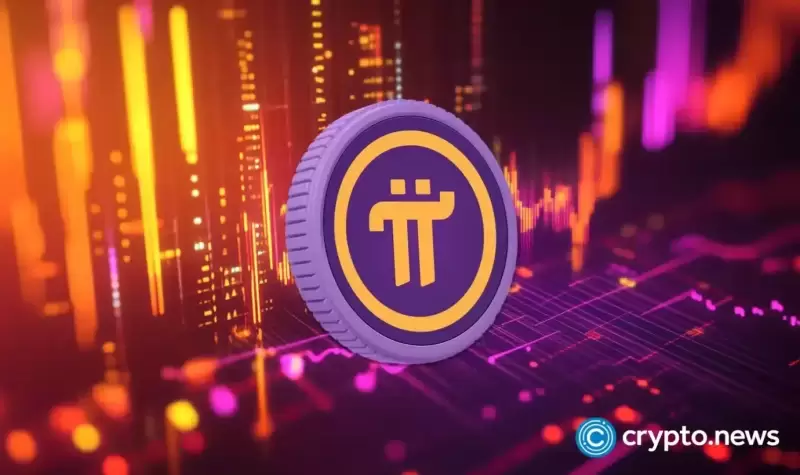 |
|
 |
|
 |
|
 |
|
 |
|
 |
|
 |
|
 |
|
 |
|
 |
|
 |
|
 |
|
 |
|
 |
|
 |
|
Cryptocurrency News Articles
Bitcoin ATM Scams Are Exploding, Costing Consumers Millions. Here's How to Spot and Avoid Them
Sep 04, 2024 at 04:08 am
Financial scams take many forms: a prominent technology company purportedly warning you that your online account has been hijacked, or someone impersonating a bank executive claims there have been unauthorized charges on your credit card.

Financial scams come in all shapes and sizes: a major technology company warning you that someone has taken over your online account, or someone pretending to be a bank executive and claiming that there have been unauthorized charges on your credit card. More elaborate scams might involve AI and fake law enforcement officials offering to "help" you with your situation — all you need to do is hand off stacks of cash to an anonymous driver outside your home.
One clear warning sign? Such fraud is increasingly involving a bitcoin ATM, according to the Federal Trade Commission. The kiosks, known as bitcoin teller machines (BTM) and often located in places like convenience stores, bars and gas stations, look like conventional ATMs. But instead of letting you withdraw cash, users can typically buy or sell cryptocurrency using cash as well as debit or credit cards. Another difference is that BTMs are linked to a digital wallet, rather than a bank account.
In 2023, consumers reported $114 million in losses from scams involving BTMs — a nearly 900% increase over the preceding three years, the FTC said Tuesday in a report. Losses through June of this year are around $66 million, indicating that the trend is only worsening, while the median amount people lost was a hefty $10,000.
Crypto-related fraud is now among the most common financial scams, according to the Better Business Bureau. Older consumers are often targeted by criminals, with the FTC noting that people age 60 and over are more than three times as likely as younger folks to get scammed by BTM scams.
In a typical BTM scam, the fraudster may claim that your computer has been hacked, or even that your bank accounts have been linked to drug smuggling or money laundering. They can help — but only if you follow their instructions to the letter.
The ruse may also include offering to connect you with a representative from the FTC, IRS or other government agency.
At that point, the FTC explains, the scammer will instruct victims to withdraw cash from their bank and direct you to a nearby BTM, where they text you a QR code to scan at the machine. That zips the money directly to the thieves' crypto wallet.
The bottom line, according to the FTC: "Don't believe anyone who says you need to use a Bitcoin ATM to protect your money or fix a problem. Real businesses and government agencies will never do that — anyone who does is a scammer."
More from CBS News
Alain Sherter is a senior managing editor with CBS News. He covers business, economics, money and workplace issues for CBS MoneyWatch.
Disclaimer:info@kdj.com
The information provided is not trading advice. kdj.com does not assume any responsibility for any investments made based on the information provided in this article. Cryptocurrencies are highly volatile and it is highly recommended that you invest with caution after thorough research!
If you believe that the content used on this website infringes your copyright, please contact us immediately (info@kdj.com) and we will delete it promptly.
-

- Trump's New Global Tariff Regime Reshapes Investor Sentiment, Triggering Sharp Corrections Across Risk Assets
- Apr 04, 2025 at 03:00 am
- Market analysts say President Donald Trump's newly announced global tariff regime is already reshaping investor sentiment, triggering sharp corrections across risk assets.
-

-

-

-

-

-

-

-



























































